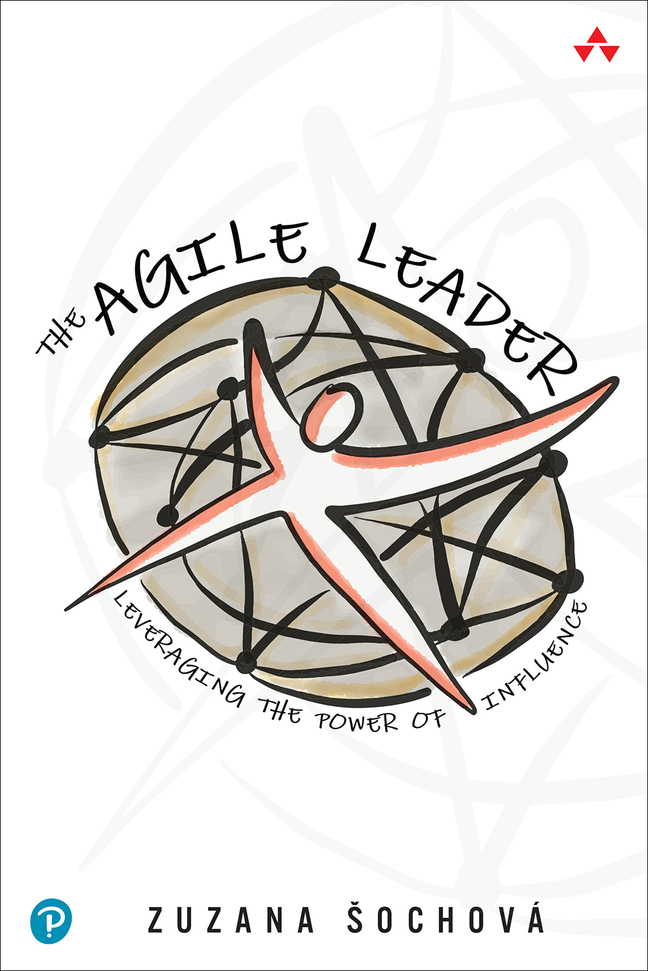Traditional organizations are based on hard skills. They hire for detailed position descriptions and look for certain experiences, and once you are hired, they evaluate your hard skills and focus on growing them. It’s all based on the presumption that we know what needs to be done. And because we know what needs to be done, we can plan the work and allocate people with needed skills. Such organizations optimize for individual performance and that is usually supported by detailed position descriptions, and it all works really well, until the business becomes unpredictable, and you wake up in VUCA (venerable, unpredictable, complex, and ambiguous) world. That’s where Agile was born and that business shift turned everything around. Positions, way of working, and also the basic assumption that we know what needs to be done.
So on the contrary in an Agile environment, we realize that we don’t know what needs to be done. The business is changing so frequently that we can’t really plan, the changes are so frequent, the expectations so unpredictable, and there are so many possible solutions that all we can do is inspect and adapt. Experiment and learn from feedback. Late 90s the world was not like that, and nowadays organizations are still created about that old belief. In a modern world, it is very hard to plan which skills we need. Technologies are so dynamic that the only skills we really need are flexibility and fast learning. And then, the more detailed position description you have, the more you are fixing the status quo and are unable to adapt to changes and innovate your business.
In agile organizations or if you wish in organizations that require a higher level of adaptability because they are experiencing the VUCA challenges, positions are not only not needed but often harmful. Therefore, many organizations widen their descriptions and start hiring generally for team members, and engineers, or just removing positions at all as something that stays in the way of our flexibility, collaboration, and innovations. They form individuals and teams around problems and ask help people to do their best to solve them, even when it requires learning new skills or changing their practices.
Positions are not always bad, they create a clear path where to grow and what is expected from individuals, but such a defined position often creates boundaries and gaps and limits the learning. “It’s not my work people say. Somebody else shall do it”. But people are smart. When they change jobs, they always learn new tools, practices, and methods. But for some reason we often try to limit their learning by defined positions when they work for the same organization. So if you care about creativity, adaptivity, and agility, forget positions. People don’t need them to do their job. Give them a clear vision and goals and trust them, they do their best. You won’t regret it.

 Learn more about transforming organizations, leadership, and culture with Agile & Enterprise Coaching. Check our Scrum and Agile training sessions on Sochova.com. Grab a copy of The Great ScrumMaster: #ScrumMasterWay book and The Agile Leader: Leveraging the Power of Influence book.
Learn more about transforming organizations, leadership, and culture with Agile & Enterprise Coaching. Check our Scrum and Agile training sessions on Sochova.com. Grab a copy of The Great ScrumMaster: #ScrumMasterWay book and The Agile Leader: Leveraging the Power of Influence book.
Disclaimer: All I write on this blog is purely personal and has no relation with any position I have, used to have or will have in the future.
